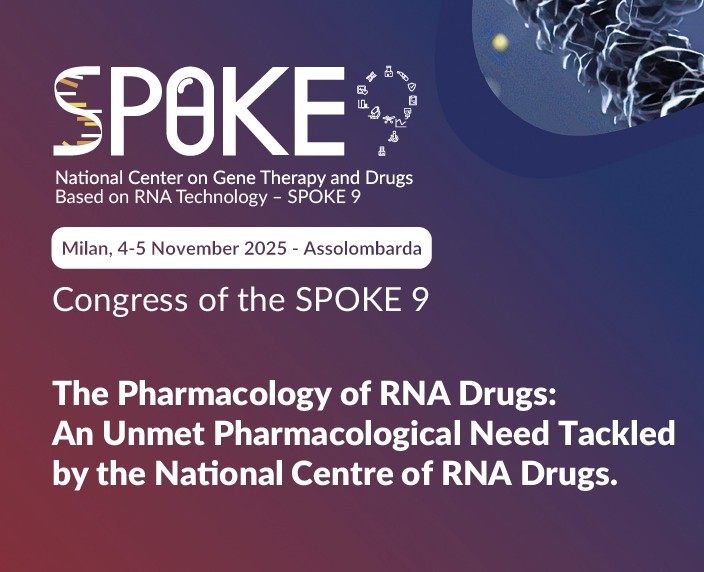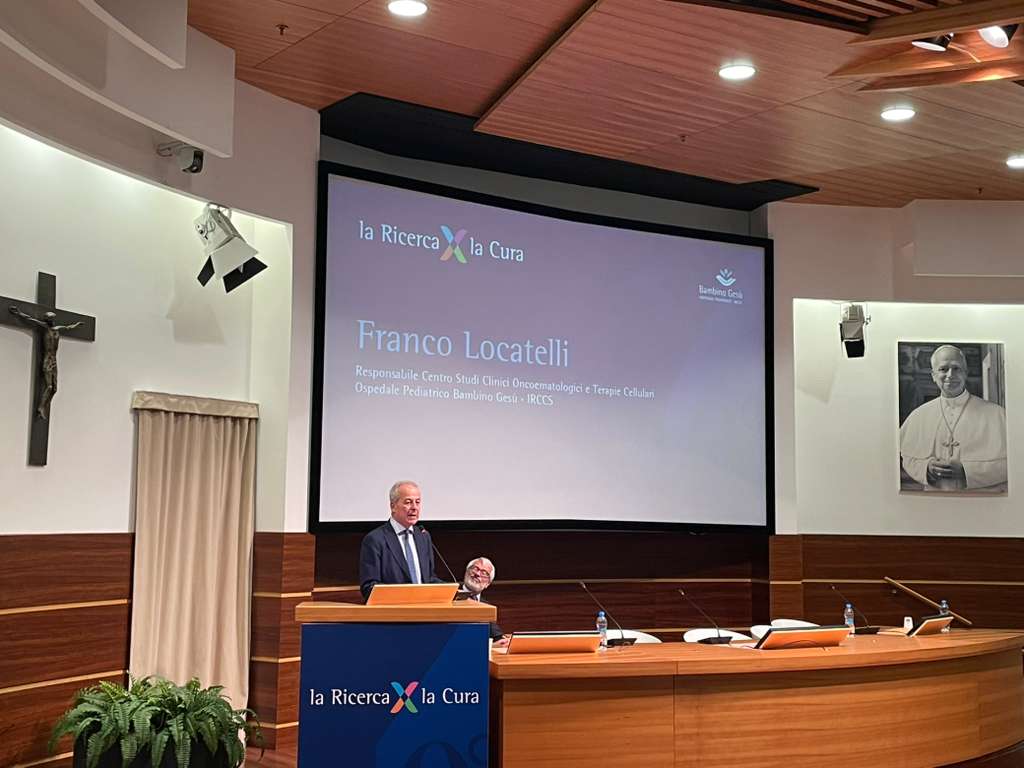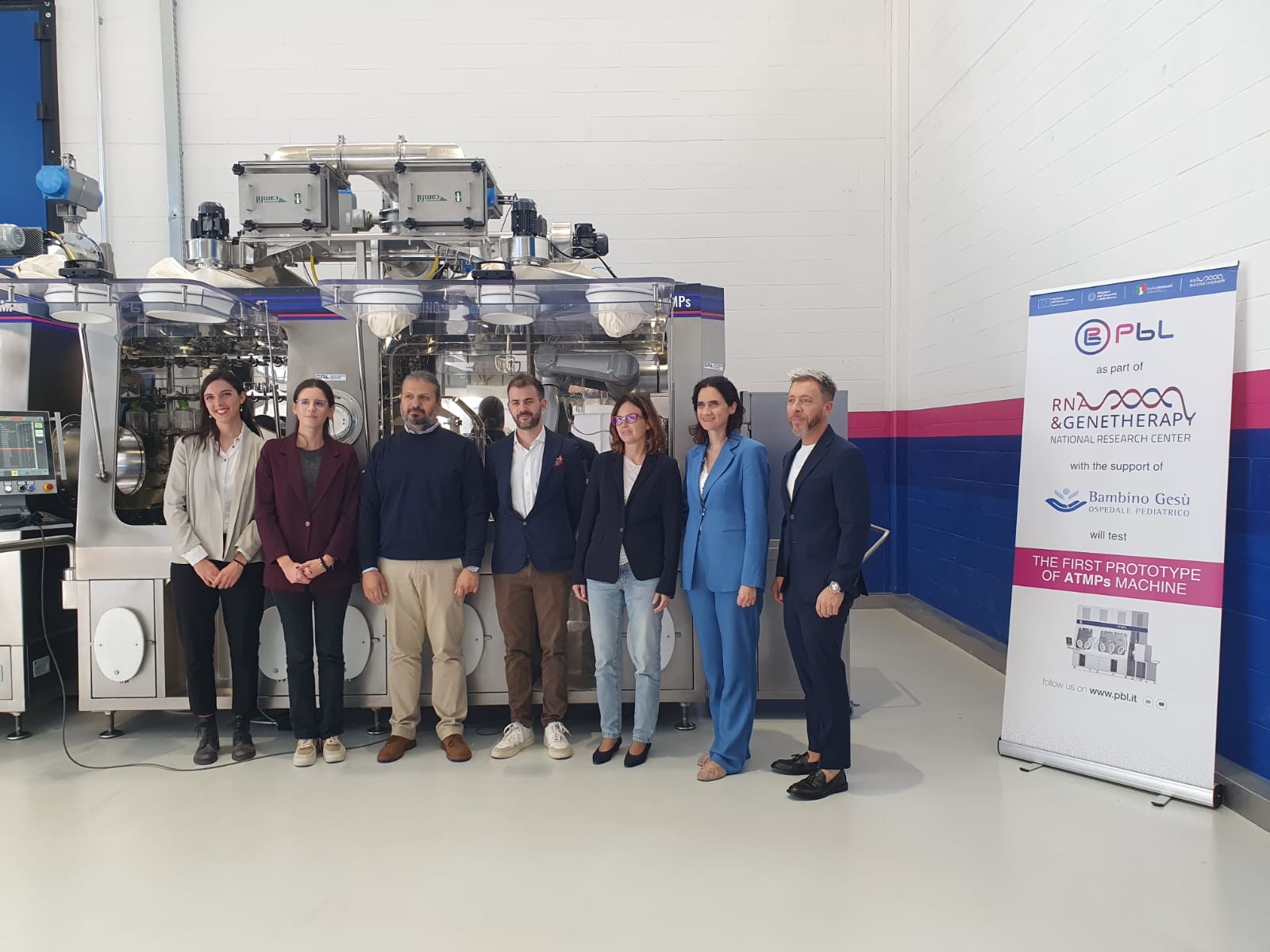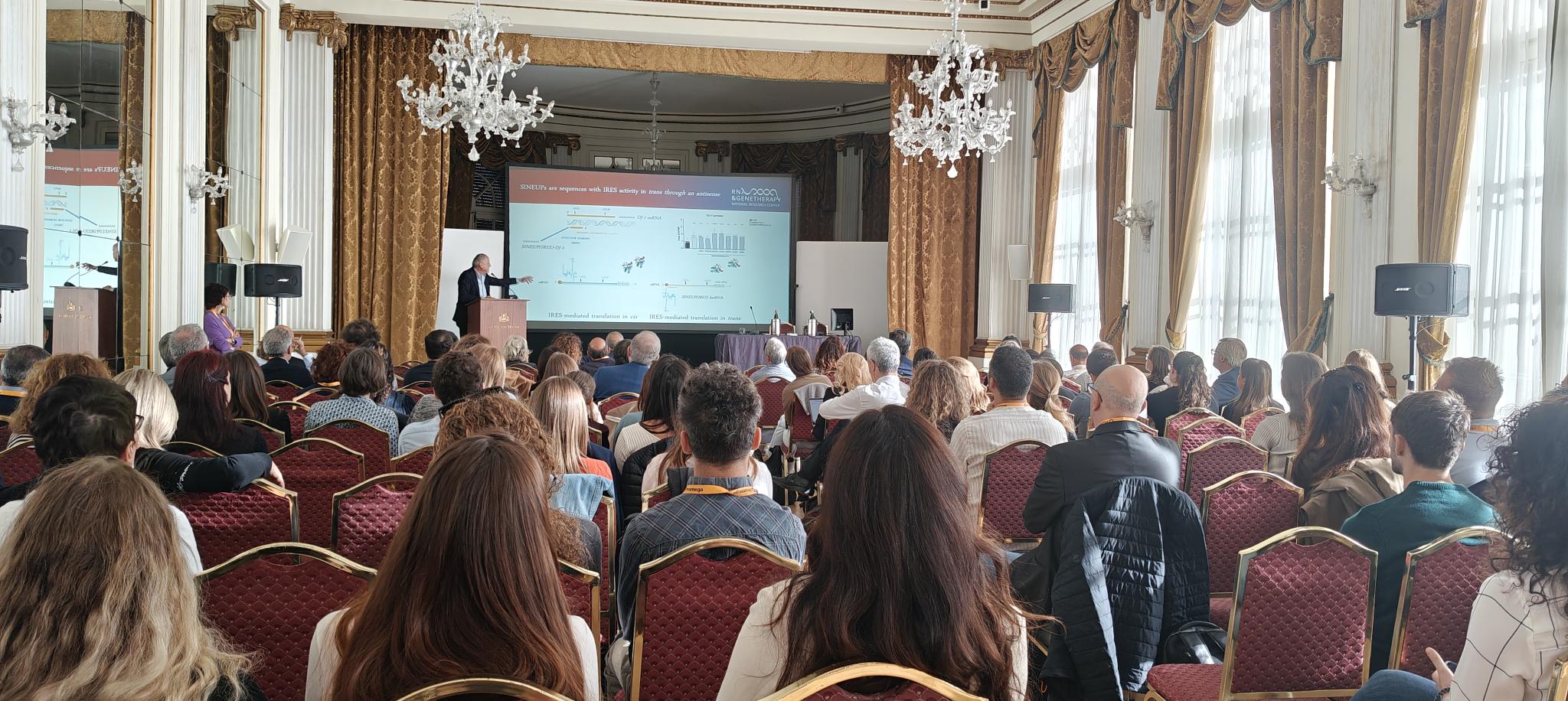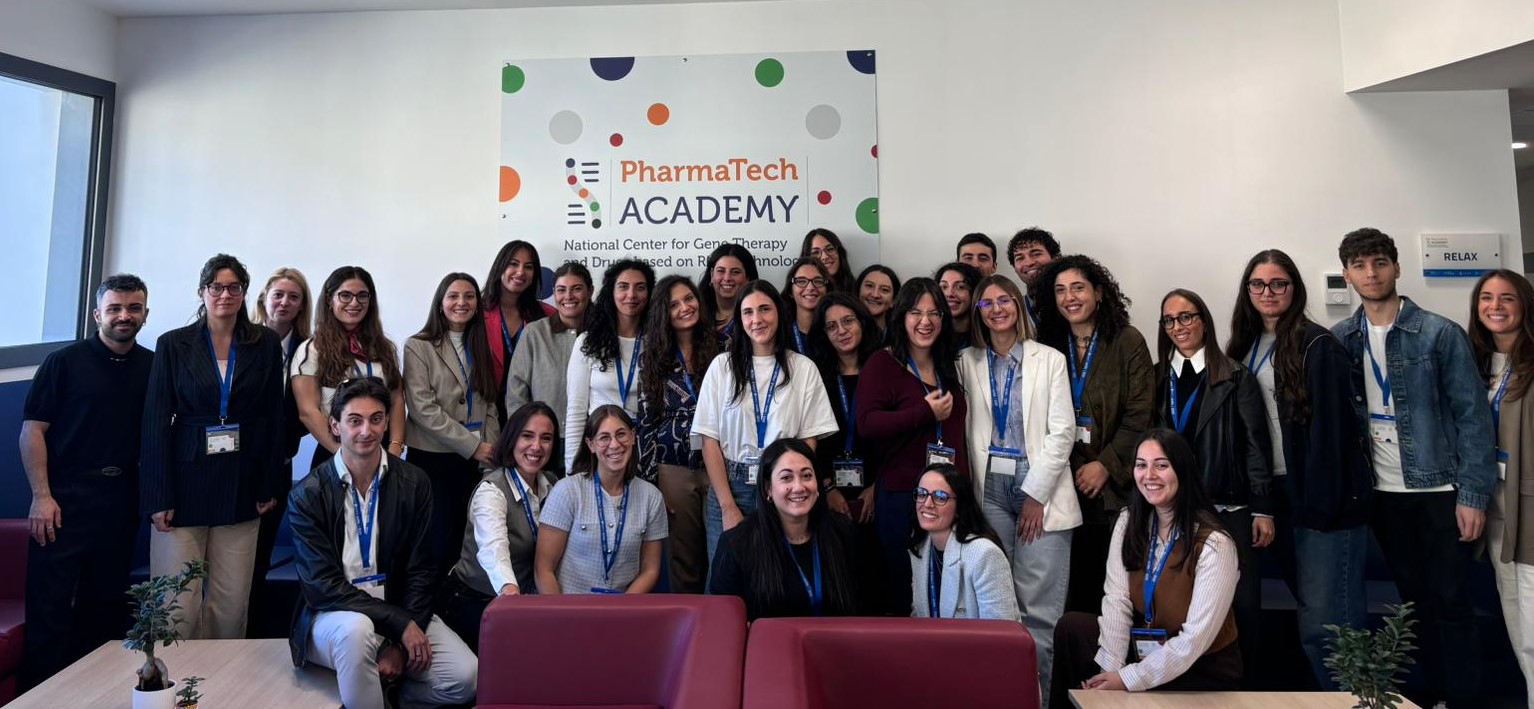A recurring theme was the reality that many researchers, despite their scientific expertise, may lack the entrepreneurial background to launch and grow a company. The training therefore emphasized the importance of understanding what investors seek in a business plan—scalability, growth factors, the end user, and a sustainable delivery model.
The speakers also drew attention to the different stages of drug development, the rising costs at each phase, and the regulatory frameworks designed to protect public safety. They highlighted that the growth of research directly stimulates the growth of startups, with investor interest following the same trajectory. Yet, they also acknowledged the inherent risks: in the so-called “Valleys of Death” of startup development, 85% of ventures may fail, but the 15% that succeed often compensate for the losses.
Participants were encouraged to adopt the perspective of investors, recognizing the importance of “patient capital,” as returns in fields such as biomedicine can take 15 to 20 years to materialize. This psychological and strategic dimension, the speakers noted, is as important as technical expertise.
Practical sessions explored the differences between venture capital, corporate capital, hedge funds, crowdfunding, and angel investors, as well as the steps of pitching, business planning, and due diligence. Emphasis was placed on soft skills—problem solving, transparency, realistic outlooks, negotiation, public speaking, originality, and networking—since these often prove decisive in securing funding.
The business plan framework was broken down into its essential components: the team, the business idea, market analysis, governance, and financial planning. The speakers concluded with an important reminder: there is no single formula for building a successful startup. Instead, investors look for passion, commitment, clear objectives, and adaptability, as much as they do for strong products or technologies.



